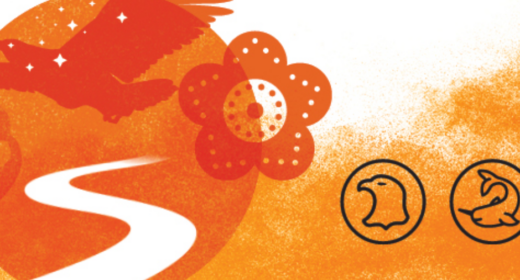The identity of the accused is an essential element of any offence. A court will not convict if the prosecution cannot prove that the person charged was, in fact, the same person who committed an offence. Recently, the Court of Quebec acquitted a person accused of violating a band by-law because the identity had not been sufficiently established by the police.
Identifying suspects is becoming ever more challenging for aboriginal Police Force members. The growth of many communities and increased movement between them means the police may find themselves dealing with strangers. If the officer does not know the suspect personally, he or she will have to ascertain the person’s identity in some other way.
A person who is being charged with an offence must identify himself or herself to the police. Usually a person will provide an identifying document such as a driver’s licence or a status card. However, in some cases the individual will not be carrying any I.D. and the officer must identify the person through other means.
In these situations, it is not enough to simply ask for the person’s name. Instead, the officer should seek corroborating evidence of the person’s identity, such as the person’s date of birth or address. A call to the police in the suspect’s home community, or a Centre de Reseignement des Policiers du Québec (‘CRPQ’) query, should confirm if the person has given accurate identifying information, thus satisfying the evidentiary burden to prove the person’s identity.
A fellow officer or civilian witness may also be able to corroborate the person’s identity. When an officer testifies that he or she sought confirmation of identification from individuals at the scene of an incident, the courts will generally accept this as sufficient to establish the identity of the accused.
These small measures will ensure that the right person is prosecuted for by-law and Criminal Code offences and ensure successful prosecutions.


